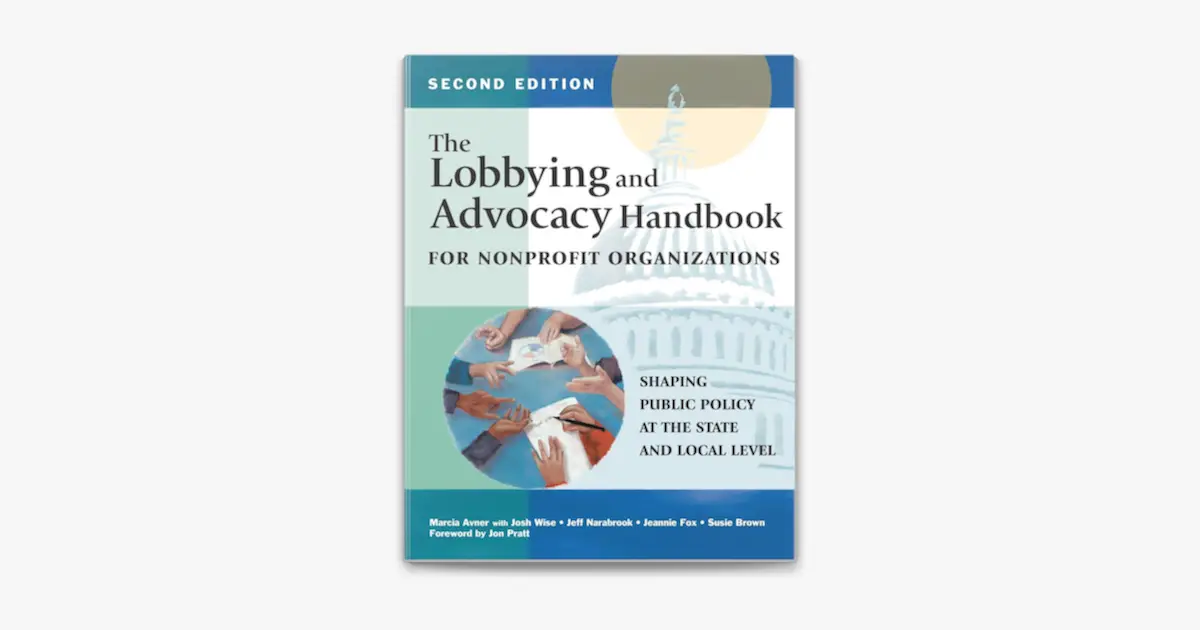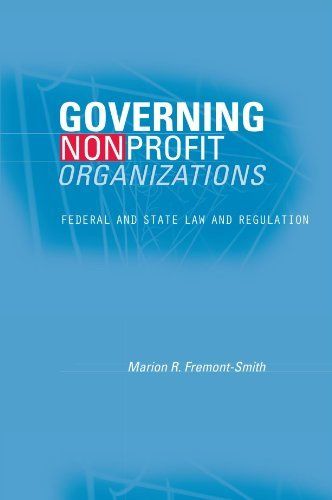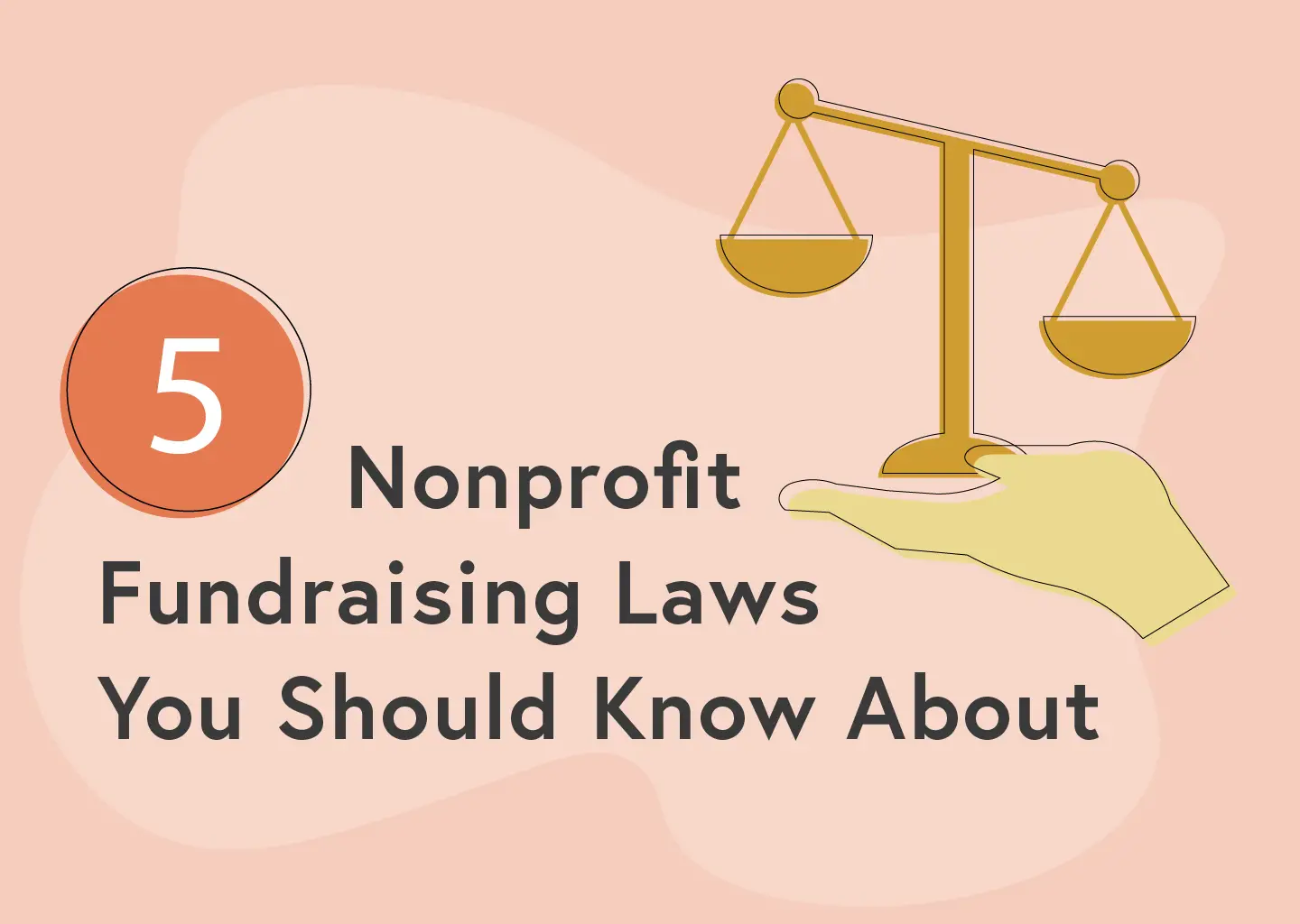Do You Have To File Bylaws For Nonprofit Corporation In Florida
Florida, like all states, does not require bylaws for nonprofit corporations in Florida to be filed with the states. Keep in mind, however, that nonprofit corporations must keep a record of their bylaws at their principal office location. They should also distribute copies to each member of the Board of Directors.
The Purpose Of The Charter Documents
One of the first duties that a new nonprofit board of directors takes on is to write the charter documents and . The articles of incorporation state the name and location of the organization and the names and addresses of the founding members. The articles also state that the nonprofit organization is being formed for the exclusive purpose of charitable, religious, educational or scientific purposes. The articles will also spell out that no one should profit from the organization and indicate how assets would be distributed in the event that the organization dissolves.
Attorneys that specialize in nonprofit law are the best resource to review the charter wording for new nonprofits to make sure that the organization qualifies as a tax-exempt organization. Attorneys can help the founding members understand the things they can and cant do to avoid legal concerns.
Founding board directors and all directors who come after them have duty of care, duty of loyalty and duty of obedience. As part of these duties, board members need to manage the organizations money and other assets responsibly.
V Advocacy Rights: Promoting Civic Engagement
The nonprofit sector is vital to the success of democracy in America the rights of the people to gather through nonprofits to speak freely about public policies is essential to our countrys future. Nonprofits serve as safe havens for people to gather to amplify their collective voices and recognize their duty to stand up and speak out for the public good and promote a more diverse, inclusive, and equitable society. Nonprofits often provide a voice for those individuals and groups who are unable to speak for themselves. Likewise, nonprofits share the responsibility to promote greater engagement of the citizenry, civic dialogue, open elections, and open government.
The National Council of Nonprofits works to create a culture in support of nonprofit advocacy and to maintain the advocacy rights of nonprofit organizations in the following ways that promote, support, and protect nonprofit advocacy:
Don’t Miss: Government Jobs In Las Vegas Nevada
Differing Requirements At The State And Federal Levels
The State Laws are organized to initiate the non-profit process which is required by the Internal Revenue Service to apply for non-profit status. Some States lack Laws that require non-profits that do not get approved for Federal tax exemption to amend their business type to for profit. It is clear that the states that United States non-profit laws relate to taxation, not just activities that benefit the public. Most States require the Federal tax exemption approval via a”determination letter” to apply to become State tax exempt. The steps required to become a nonprofit include applying for tax-exempt status. If States are not requiring the “determination letter” from the IRS to grant non-profit tax exemption to organizations, on a State level, claiming non-profit status without that Federal approval, then they are actually violated Federal United States Nonprofit Laws. Many States lawmakers do not have knowledge of these facts and therefore do not realize they are non-compliant.
Types Of 501 Organizations

The federal tax code lists several different types of organizations that dont have to pay income taxes. Here are some of the basic categories:
- Charities
- Groups that test for public safety
- Groups that foster national or international amateur sports competitions
- Anti-cruelty organizations for animals and children
The federal government also classifies private foundations as nonprofit organizations. These types of organizations are largely philanthropic in nature. Because they invest some percentage of their fundraising dollars, the federal government has different rules that they must abide by to maintain their status as a nonprofit organization. Organizations that receive more than one-third of their support from gross investment income are considered private foundations. The IRS requires private foundations to submit detailed tax returns.
You May Like: Government Jobs Las Vegas No Experience
Governed By State Laws
Nonprofits are formed and operated under the laws of the state where the organization is registered. Each state has a nonprofit statute that allows the formation of organizations designed to carry out charitable, educational or civic goals not associated with making a profit. Unlike a regular for-profit business, a nonprofit is not owned by the person or group starting or running it.
So the state laws outline how the nonprofit should be run and who’s in charge, including specifying the minimum number of board members needed to operate the nonprofit and what happens if the nonprofit wants to shut down operations. Reviewing a state’s nonprofit statute before starting operations ensures you comply with your state’s particular requirements from the outset.
Uniform Principal And Income Act
The Uniform Principal and Income Act, promulgated by the National Conferenceof Commissioners on Uniform State Laws in 1997, addresses certain financial issues encountered by fiduciariesof trusts, including charitable trusts. This model act provides procedures for trustees administering an estatein separating principal from income, and to ensure that the intention of thetrust creator is the guiding principle for trustees. It offers statutory help identifying principal and income,its allocation, and apportionment of assets between income and principal. A summary,and a fact sheet listing the adopting states, is availableonline.
Don’t Miss: City Jobs In Las Vegas
Foreign Funding Of Us Ngos
As a general matter, U.S. law imposes no limits or restrictions on the receipt of foreign funding by NGOs operating in the United States. Of course, laws that are generally applicable to all Americans may apply to NGOs, such as restrictions on receiving contributions from a terrorist organization. There are also restrictions on direct financial support of political candidates by foreign individuals.
Nonprofit Regulation In Florida
This article does not contain the most recently published data on this subject. If you would like to help our coverage grow, consider donating to Ballotpedia.
| Civil Liberties Policy |
|---|
| Privacy Policy Project |
| State information |
Nonprofit regulation in Florida involves a complex set of rules that govern nonprofit organizations and charitable giving throughout the state. Major issues surrounding nonprofit regulation nationwide include the following:
-
- contribution limits,
- the redefinition of issue advocacy.
Florida is one of 39 states that require charitable organizations, and those intending to solicit on their behalf, to register with the state in order to solicit contributions, whether they are a Florida organization or based out-of-state. In Florida a number of groups and organizations are exempt from registration. Unlike most states, there is no exemption for organizations that raise a small amount of money.
Florida is one of 3 states that require organizations to file copies of IRS Form 990Schedule B attachments, which list names and addresses of contributors who gave over $5,000.
Florida is one of only seven states requiring registration that does not accept the Unified Registration Statement organizations must use the state registration form.
Read Also: Government Bank Owned Foreclosed Homes In Polk County
Ngo Relations On The Local And International Levels
Once an NGO has registered, according to the requirements summarized earlier, the U.S. government does not interfere with how the NGO accomplishes its purposes. NGOs arefree to recruit participants for their organizations as they wish, and need not provide notification to any government agency about its membership, activities, or outreach. Like other U.S. organizations and companies, U.S. NGOs must refrain from working with governments or individuals under U.S. Sanctions, as well as with groups designated as foreign terrorist organizations, but otherwise, they are free to collaborate with foreign NGOs or foreign governments to achieve their purposes. There are no regulations that restrict U.S. NGOs from attending conferences abroad, finding donors overseas, or performing work internationally.
Not all NGOs in the United States are incorporated. It is remarkably easy to form a charitable entity in the United States. A person can create a charitable trust simply by executing and delivering a deed, contract, or other instrument conveying the trust property to another person in trust for the charitable purpose. No government approval is required to form the trust beyond the standard requirements for signing a contract or deed conveying property, however many U.S. states require all NGOs formed for religious, educational or other charitable purposes to register with a state charity official, particularly if it will be soliciting funds from the public.
Tags
What Is Civil Society
Civil society is the collection of social organizations, formed voluntarily by citizens to advance shared goals or interests. This includes independent public policy research organizations, advocacy organizations, organizations that defend human rights and promote democracy, humanitarian organizations, private foundations and funds, charitable trusts, societies, associations and non-profit corporations. It does not include political parties.
Don’t Miss: Government Grants To Start Trucking Business
Amounts Received During The Fiscal Period
If the organization prepares its financial statements using the accrual method, you can report amounts on lines 100 to 106 using this method.
Line 100 Membership dues, fees, and assessments
Report the total amount of membership dues, fees, and assessments the organization received from members in the fiscal period. For example, report club memberships, professional association dues, or membership fees.
Line 101 Federal, provincial, and municipal grants and payments
Report the total amount of grants or payments the organization received from any level of government or governmental agency in the fiscal period. For example, include grants to assist agriculture and industry, or grants to promote the arts.
Line 102 Interest, taxable dividends, rentals, and royalties
Interest
Report the total interest the organization received for the fiscal period. For example, include interest from bank accounts, mortgages, bonds, or loans. Also include interest received from non-arm’s length transactions. Include these amounts whether or not your organization received an information slip for this income.
Taxable dividends
Report the amount of taxable dividends the organization received from:
- corporations residing in Canada
- foreign corporations not residing in Canada
Rentals
Report the total receipts from property rentals the organization received in the fiscal period. Do not deduct related rental expenses.
Royalties
Note
Example
| $14,370 |
Notes
Line 105 Gifts
Line 106 Other receipts
How Does The Federal Government Support Nonprofit Organizations

Three key developments stand out as major breaks with previous policy: First, the federal government provided ongoing funding support for local nonprofit service agencies through grants to state and local governments that then contracted with nonprofit organizations or through new direct federal grants to local nonprofit agencies.
You May Like: City Of Las Vegas Government Jobs
Vi Public Accountability And Nonprofit Independence: Ensuring Public Trust
The charitable nonprofit community recognizes that mission-driven nonprofits can be successful only by earning and maintaining public trust through appropriate transparency, which can be guided by reasonable regulation that recognizes the unique role of these organizations in communities. For these reasons, the National Council of Nonprofits supports reasonable and non-burdensome regulations and policies that already make the nonprofit community the most transparent sector of the U.S. economy. An appropriate balance must be struck that recognizes and respects the independent activities of nonprofits as public-spirited yet still private organizations. The National Council of Nonprofits also supports:
Federal
State
Approval Of The Charities Directorate Of The Canada Revenue Agency
Approval of the Charities Directorate at Canada Revenue Agency is not needed to incorporate a charitable corporation. However, if applicants are unable to use the OPGTs pre-approved purpose clauses or the Charities Directorates model “object” clauses to describe their organizations purposes, applicants should get pre-clearance from the Charities Directorate for tailor-made purpose clauses.
If applicants incorporate using purposes that are not acceptable to the Charities Directorate, then the corporation may need to amend its purposes by applying for articles of amendment. Please consult CRA’s website for more information.
Recommended Reading: Government Jobs Las Vegas
Dissolving A Nonprofit Organization
Its much easier to start a nonprofit than it is to dissolve it, and nonprofits must obey certain rules in dissolving their organizations. The intent is to dissuade people from starting nonprofit organizations, shutting them down after a time and keeping the profits for themselves. There are certain steps related to dissolving a nonprofit, and its best to gain the help of an attorney or tax professional.
A nonprofit may only distribute assets to another tax-exempt organization. The board may vote to dissolve the organization, file dissolution papers with the state and the IRS, and select another nonprofit organization to which to transfer any assets.
The board will need to pay all contractual obligations and debts before dissolving the nonprofit. If there arent enough assets to pay remaining debts, the nonprofit may need to file bankruptcy. The board could be held liable for not properly dissolving a tax-exempt organization.
Its important to remember that the government values nonprofit organizations for their commitment and sacrifice. The nonprofit savings in tax dollars are intended to serve the public in their communities, not to profit individuals or groups of individuals. The rules and regulations are designed with the intent that nonprofits will start out strong and enjoy long-term sustainability. Nonprofits that decide to close their doors for whatever reason dont get to pocket any remaining funds.
How Does The Government Operate As A Nonprofit Organization
How does the government operate as a nonprofit organization? It actually operates as a sovereign entity, which is different from a nonprofit organization in several key ways.3 min read
How does the government operate as a nonprofit organization? It actually operates as a sovereign entity, which is different from a nonprofit organization in several key ways. One difference is in the way each organization handles its finances and accounting.
Don’t Miss: City Of Las Vegas Government Jobs
Areas Of Activity For Ngos In The United States
Approximately 1.5 million NGOs operate in the United States. These NGOs undertake a wide array of activities, including political advocacy on issues such as foreign policy, elections, the environment, healthcare, womens rights, economic development, and many other issues. They often develop and address new approaches to social and economic problems that governments cannot address alone. Many NGOs in the United States operate in fields that are not related to politics. These include volunteer organizations rooted in shared religious faith, labor unions, groups that help vulnerable people, such as the poor or disabled, and groups that seek to empower youth or marginalized populations. Indeed, NGOs exist to represent virtually every cause imaginable. Their sources of finance include donations from private individuals , private sector for-profit companies, philanthropic foundations, or grants from federal, state, or local government. Sources of finance may also include foreign governments. There is no prohibition in U.S. law on foreign funding of NGOs whether that foreign funding comes from governments or non-government sources.
Foreign Ngos In The United States
The United States hosts many foreign NGOs that do important and valuable work in our country. Foreign NGOs can register in the U.S. by filing a simple form as a non-profit entity. Some operate as non- partisan foundations, while others are affiliated with foreign political parties and operate as think tanks and liaisons to U.S. organizations concerned with foreign policy. These foundations organize programs for their respective politicians when they come to the United States, and organize conferences, youth exchanges, and fellowships/scholarships. They also provide funding to and conduct joint projects with American NGOs. Funded entirely by foreign governments, these foreign party institutes do not have special restrictions on their activities in the United States, can conduct meetings and publish materials freely, and are not required to provide reports to other U.S. federal government agencies, provided they register and file tax returns according to the requirements described below.
Read Also: Government Bank Owned Foreclosed Homes In Polk County
Income Tax Guide To The Non
From: Canada Revenue Agency
T4117 Rev. 19
Our publications and personalized correspondence are available in braille, large print, e-text, or MP3 for those who have a visual impairment. Find more information at Order alternate formats for persons with disabilities or call 1-800-959-5525.
Unless otherwise stated, all legislative references are to the Income Tax Act and the Income Tax Regulations.
This guide uses plain language to explain the most common tax situations. It is provided for information only and does not replace the law.
Uniform Management Of Institutional Funds Act

The Uniform Management of Institutional Funds Act clarifies the right of governing boards to invest funds ofsuch nonprofit institutions as hospitals and colleges for total return. This means governing boards could, forexample, invest in growth stocks paying low or no dividends but having a high potential for appreciation in long-termvalue, rather than concentrate entirely on investments with immediate high income yields. It authorizes institutionsto treat, as income, many book value capital gains on growth stocks. This model act was developed by the NationalConference of Commissioners on Uniform State Laws in 1972. A summaryand a fact sheet areavailable online.
Don’t Miss: Start A Trucking Company Grant
